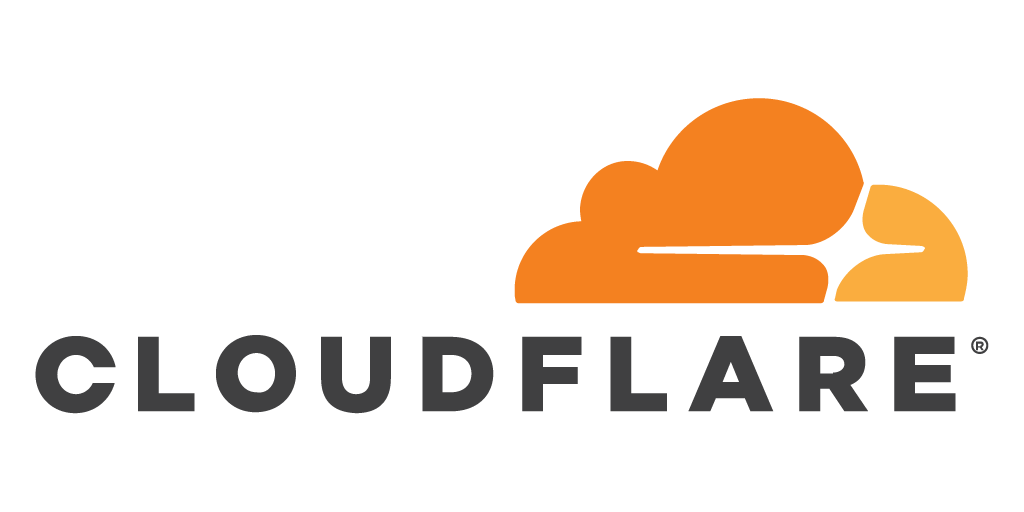Post Syndicated from Patrick Nemeroff original https://blog.cloudflare.com/in-a-win-for-the-internet-federal-court-rejects-copyright-infringement-claim-against-cloudflare/


Since the founding of the Internet, online copyright infringement has been a real concern for policy makers, copyright holders, and service providers, and there have been considerable efforts to find effective ways to combat it. Many of the most significant legal questions around what is called “intermediary liability” — the extent to which different links in the chain of an Internet transmission can be held liable for problematic online content — have been pressed on lawmakers and regulators, and played out in courts around issues of copyright.
Although section 230 of the Communications Decency Act in the United States provides important protections from liability for intermediaries, copyright and other intellectual property claims are one of the very few areas carved out of that immunity.
A Novel Theory of Liability
Over the years, copyright holders have sometimes sought to hold Cloudflare liable for infringing content on websites using our services. This never made much sense to us. We don’t host the content of the websites at issue, we don’t aggregate or promote the content or in any way help end users find it, and our services are not even necessary for the content’s availability online. Infrastructure service providers like Cloudflare are not well positioned to solve problems like online infringement.
Also, while we cannot prevent online infringement, we’ve set up abuse processes to assist copyright holders address the issue by connecting them with the hosting providers and website operators actually able to take such content off the Internet.
But the combination of decades-old copyright statutes and rapidly innovating Internet services has left some copyright holders believing they might have a viable claim against us. Add in the fact that statutory damage provisions in the United States copyright law were not written with the Internet in mind and seemingly allow for the possibility of astronomical damage awards when content is transmitted online at scale. So it’s not altogether surprising that plaintiffs are sometimes tempted to try their luck suing Cloudflare.
A Novel Theory Rejected
Yesterday, in Mon Cheri Bridals, LLC v. Cloudflare, Inc., the United States District Court for the Northern District of California rejected one such lawsuit, granting Cloudflare’s motion for summary judgment and concluding that no reasonable jury could find Cloudflare liable for the alleged copyright infringement at issue.
The plaintiffs in the case sell wedding dresses online, and they asserted that other websites illegally used their copyrighted pictures of the dresses while selling knockoff dresses. In a quirk of US copyright law, most fashion designs are not copyright protected, while pictures of those designs can be protected. Rather than pursue their claims against the website operators, their hosting providers, or any of the numerous other service providers necessary to their business, the plaintiffs targeted Cloudflare, seeking to hold us liable for contributory copyright infringement on the grounds that the websites at issue used our CDN and pass-through security services, most of them for free.
The district court rejected that claim, holding that merely providing CDN and pass-through security services to the websites did not make Cloudflare responsible for their alleged infringement. The court explained that Cloudflare’s services were not necessary to and did not “significantly magnify” any infringement. It also recognized that Cloudflare cannot eliminate infringement by websites using its CDN services, because “removing material from a cache without removing it from the hosting service would not prevent the direct infringement from occurring.” Finally, the court observed that Cloudflare’s abuse reporting system is designed to put copyright holders in the same position they would be if the websites at issue were not using our services, by connecting copyright holders with the hosting providers and website operators actually able to effectively address the issue. Notably, the court decided the case solely on the contributory infringement issue, and it did not even reach our independent arguments that we are protected from any liability by the Digital Millennium Copyright Act’s safe harbors.
Moving forward with clarity
Obviously, we agree with the district court’s reasoning, and we hope it goes a long way towards discouraging these types of claims in the future. Throughout this case, we’ve worked closely with our attorneys at Fenwick & West who have demonstrated great skill and diligence. We plan to continue to fight other lawsuits of this nature. We have long understood that different types of services have different abilities and responsibilities to address online infringement, and we designed our abuse process with that in mind. Broader recognition of those principles will allow us to “help build a better Internet” by providing security and reliability services without being dragged into every dispute between third parties and someone who uses our services. We think that will be better for the Internet.